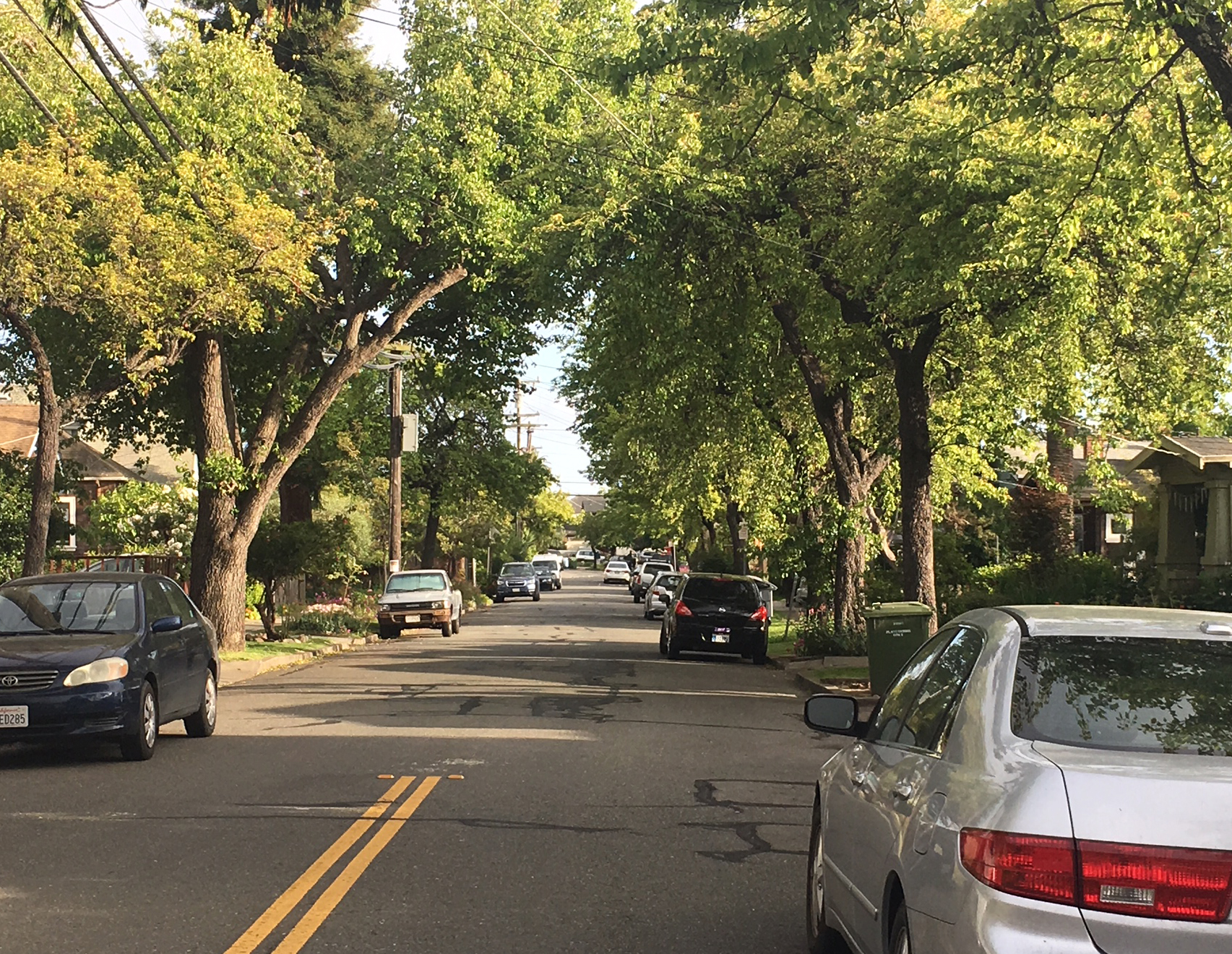Note: GJEL Accident Attorneys regularly sponsors coverage on Streetsblog San Francisco and Streetsblog California. Unless noted in the story, GJEL Accident Attorneys is not consulted for the content or editorial direction of the sponsored content.
The "May Revise" is the California Governor's adjusted state budget proposal. Governor Gavin Newsom's first May Revise will arrive after a few months of discussion of his January proposal and with a better understanding of yearly tax revenue. That revenue looks pretty good this year.
As Laurel Rosenhall of CALmatters put it, the May Revise is "one step in the tango between the governor and the Legislature that will result in a final budget in June." Senate and Assembly leaders will now propose their own budgets, and then ongoing negotiations will whittle them all down to a single budget bill that the governor can sign by June 30.
The revision, due out tomorrow, will give a good idea of the governor's priorities. He has already made clear that one big priority is supporting parents, with yesterday's announcement that his budget proposal will include things like increased child care funding and sales tax exemptions on diapers.
Other priorities Newsom has already named are education, homelessness, poverty, and the environment. How these will all play out in the budget remains to be seen.
One important funding source that remains open for discussion is the Greenhouse Gas Reduction Fund (GGRF), which receives revenue from the state's cap-and-trade system. More than half of that revenue is already spoken for. Based on a continuous allocation decided several years ago, GGRF funds go to several programs including high-speed rail, transit, and affordable housing, among others.
But forty percent of GGRF allocation are left to yearly budget discussions. The governor and legislature are considering whether to make those allocations on a two-year or longer cycle, to avoid inevitable annual discussions over who and what should get that money, but all of that is up for discussion.
GGRF revenue must be used to reduce greenhouse gas emissions, and a portion of it must benefit historically disadvantaged communities. The revenue fluctuates every year, but estimates put it at more between $2 and $3 billion for 2018-19 alone.
One solid suggestion for using the money comes from the Sustainability Communities for All Coalition, which includes the California Housing Partnership Corporation, Move L.A., Safe Routes to Schools National Partnership, TransForm, the California Bicycle Coalition, Housing California, and ReLeaf. In a letter to the chairs of Senate and Assembly budget committees, the coalition asks for a relatively small investment of $190 million from the GGRF to bring the state closer to its goals of creating sustainable communities. Specifically, they are asking the legislature to include:
- $65 million to bring energy efficiency and solar energy to low-income residents
- $5 million to expand access to electric bikes
- $120 million for "greening" in disadvantaged and low-income communities
The Low-Income Weatherization Program already helps low-income households install solar power systems and energy efficiency upgrades. Newsom's January budge proposal included $10 million for this program, but the Sustainable Communities for All Coalition suggests bumping this up quite a bit. "Buildings account for 25 percent of our greenhouse gas emissions, second only to transportation as the leading source of pollution," they write. "The Low-Income Weatherization Program...[helps] low-income renters quit natural gas while lowering energy bills."
The Clean Vehicle Rebate program already provides incentives to people to turn in polluting gas guzzlers in exchange for electric cars. But cars are expensive, they do nothing to solve congestion, and replacing them doesn't reduce the financial burden of owning and maintaining a car. The coalition suggests adding $5 million in monetary incentives for e-bikes to this existing program, because they are expensive enough to make it hard for low-income people to afford them, but can replace many car trips efficiently.
Two other programs that help provide valuable green infrastructure are oversubscribed and yet received no funding in the Governor's January proposal: the Urban and Community Forest Program and the Urban Greening Program. The benefits of trees in communities include shade, wildlife habitat, water and air quality improvements, and pleasant places to engage in healthy activities including walking and biking. The $120 million the coalition asks for would not meet the demand for the program, but would bring immediate benefits to communities.
The Coalition also urges the legislature to consider using GGRF revenues to fund statewide discounted student transit pass programs. Several recent legislative attempts to do so resulted only in calling for a study of existing programs, but past studies have shown large benefits of discounted transit pass programs to both transit agencies and those who use them. Agencies gain a steady, reliable source of revenue and can increase services; riders gain easy and inexpensive access to transit so they can get where they are going and cut down on car trips.
For more about the Sustainability Communities for All Coalition and its members, click here.






